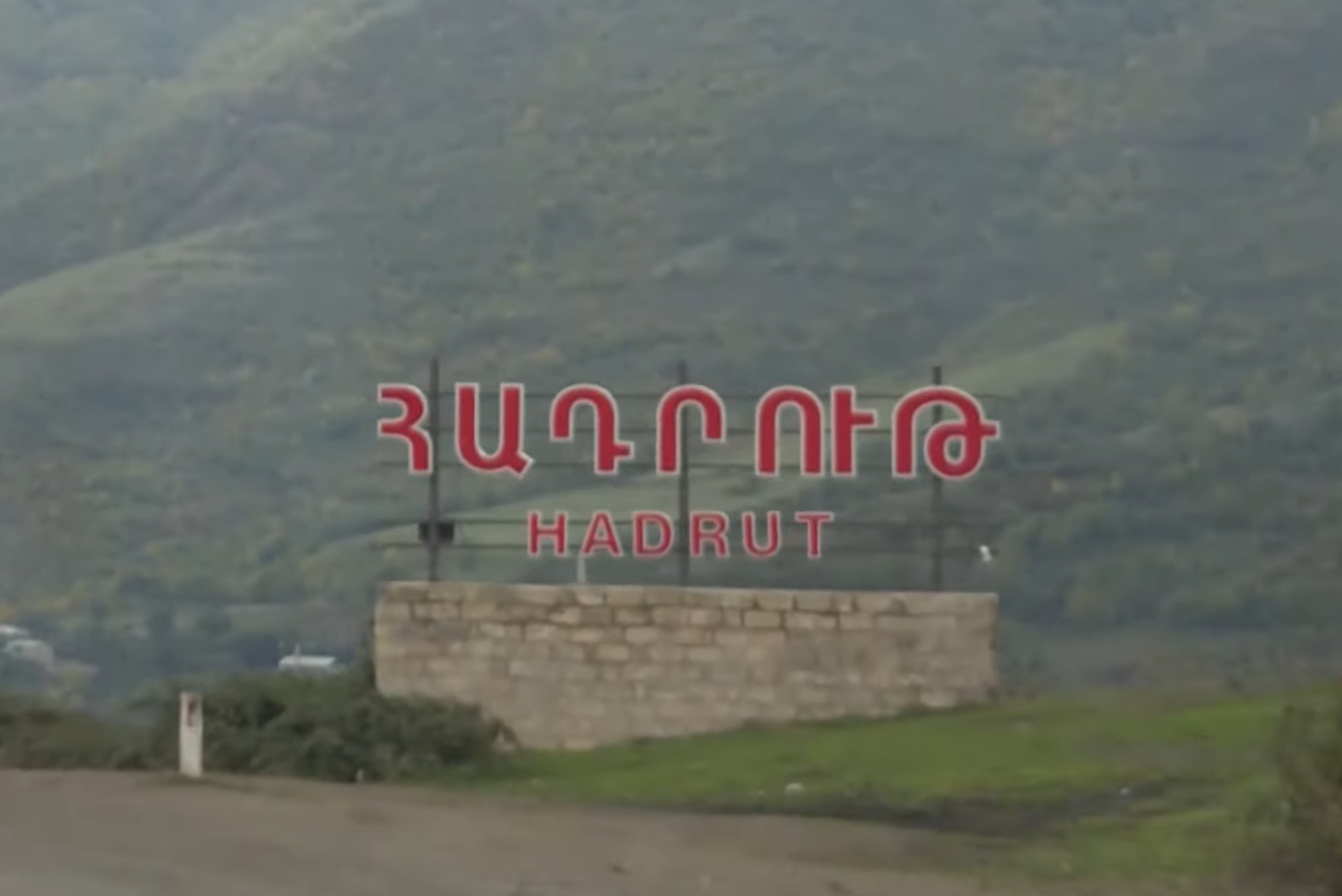The United States Commission on International Religious Freedom (USCIRF) has released a report on the situation of religious freedom in Azerbaijan in 2020, in which it referred to the trends and developments in the country in 2019, “Voice of America” reports.
In early 2020, the USCIRF mission visited Azerbaijan to get acquainted with the situation on the ground. The report also included provisions on the military conflict over Nagorno-Karabakh at the end of last year.
USCIRF has seen some improvement in the protection of religious freedom in Azerbaijan in recent years. In particular, the raids planned by law enforcement against religious communities have been stopped, as has been granted to many religious activists. However, according to the commission, the situation with religious freedom in Azerbaijan remains problematic under conflicting legislation, in particular the country’s 2009 law “On Freedom of Religious Beliefs”. The authorities are not interested in reforming it.
The report also addressed a number of other issues, including the need for mandatory registration of elements restricting the activities of religious communities, continuing pressure on religious activists, in particular their imprisonment, and recent violations in the context of the resumption of the Nagorno-Karabakh conflict.
According to the report, during the resumption of hostilities in September 2020 between Armenia and Azerbaijan near the territories of Nagorno-Karabakh, Armenia accused Azerbaijan of purposefully shelling the Ghazanchetsots Cathedral in the city of Shusha. According to reports, the cathedral was hit twice by precision missile strikes that severely damaged the roof and interior of the building. The report quotes Human Rights Watch, which concluded that the attack was intentional, constituting a war crime that should be investigated and prosecuted. Azerbaijan claimed that Armenian forces also damaged religious sites as a result of recent shelling.
The report emphasizes that the statement on the ceasefire signed in November raised concerns about the protection of various churches, monasteries, tombstones and other religious and cultural sites in the territories passed to Azerbaijan. According to the report, President Aliyev gave assurances to Russian President Vladimir Putin that the country would protect Christian churches in these areas; however, some sites, such as a cemetery situated alongside an Armenian church in Hadrut, have already been vandalized. The Commission recalls that late in November, the United Nations Educational, Scientific, and Cultural Organization reiterated a call for the protection of heritage sites in the area, and it proposed dispatching a preliminary field mission to produce an inventory of such sites “as a prerequisite for effective protection of the region’s heritage.
The US Commission on International Religious Freedom has made a number of recommendations to the US Government and Congress. The commission proposes that the US State Department include Azerbaijan in the Special Watch List for violation of religious freedom, as well as cooperating with the Government of Azerbaijan to amend the 2009 law “On Freedom of Religious Beliefs” to bring it into conformity with international standards.
In addition, the Commission calls on the State Department, in cooperation with international partners, to assist Azerbaijan in providing alternative civilian service opportunities for those who object to mandatory military service due to their religious or non-religious beliefs.
The commission also proposes that the US Congress hold a public hearing on religious freedom and other human rights violations in Azerbaijan.















